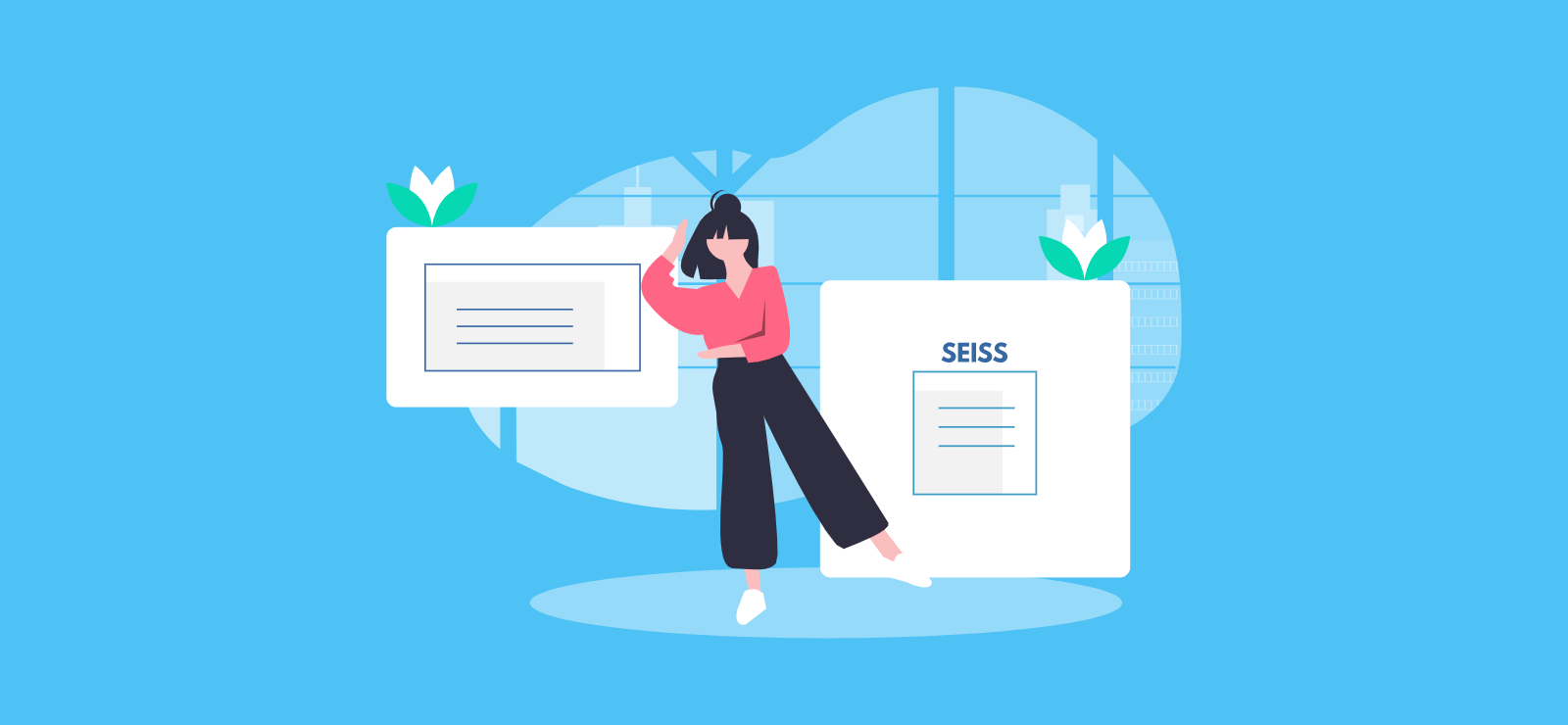

Do I Need to Include SEISS on my Self Assessment?
If you received financial support through the Self-Employment Income Support Scheme grant, you will need to include it in your Self Assessment tax return.
What is SEISS?
SEISS, or the Self-Employment Income Support Scheme formed part of the support package for businesses suffering during the coronavirus pandemic. The scheme was launched by the Government on 13th May 2020. The first grant provided self-employed workers a grant of 80% of their profits up to a maximum amount of £2,500 a month, covering from March to May 2020. Subsequent versions of the scheme awarded varying levels of financial support to struggling sole traders.
Why do I need to include SEISS in my tax return?
The Self-Employment Income Support Scheme basically sets out to replace lost income and as such, it’s taxable in the same way that your regular income would be. This means that you’ll need to include it on your Self Assessment tax return, so that you can pay the right amount of income tax and National Insurance on it.
The amount of grant that you receive will be included in your tax calculation, so you must show it on your Self Assessment tax return.
Which tax return should I include my SEISS payment in?
Although you receive each grant as a single payment, the grants actually span three month periods at a time. You should include any SEISS payments in the Self Assessment tax return which covers the time period that your grant payment covers.
For instance, the third grant covered November 2020, December 2020, and January 2021. This time period falls into the 2020-21 tax year, so you’ll need to include it in your 2020-21 Self Assessment tax return, which is due by 31st January 2022.
How much tax and NI will I have to pay on my SEISS grant?
The amount of tax and National Insurance you have to pay on your income depends on how much you earn. This is because of the way that different income thresholds and tax allowances affect the way your bill is calculated. Read our article about income tax and national insurance for the self-employed to learn more.
Talk to one of the team to find out how we can help with online accounting services. Call 020 3355 4047, or get an instant quote online for low monthly fees.
Want to learn more?
Subscribe to our newsletter to get accounting tips like this right to your inbox

Read more posts...

Top Tax Breaks for Businesses
20th May 2025Claiming every bit of tax relief possible can noticeably reduce your tax bill, so you can put what’s left to better use…
Read More
The Accountancy Partnership – Our Positive Reviews
19th May 2025We’re proud of our customer reviews here at The Accountancy Partnership The reviews we receive from our customers show how hard we…
Read More
Making Money on TikTok
13th May 2025In today’s increasingly (some would even say chronically) online world, where there’s a constant battle for people’s attention, it’s not just a…
Read MoreConfirm Transactions
The number of monthly transactions you have entered based on your turnover seem high. A transaction is one bookkeeping entry such as a sale, purchase, payment or receipt. Are you sure this is correct?
Please contact our sales team if you’re unsure
VAT Returns
It is unlikely you will need this service, unless you are voluntarily registered for VAT.
Are you sure this is correct?
Call us on 020 3355 4047 if you’re not sure.
Bookkeeping
You will receive our bookkeeping software Pandle for free, as part of your package.
You can use this to complete your own bookkeeping, or we can provide a quote to complete your bookkeeping for you.
Please select and option below:
Call us on 020 3355 4047 if you’re not sure.


